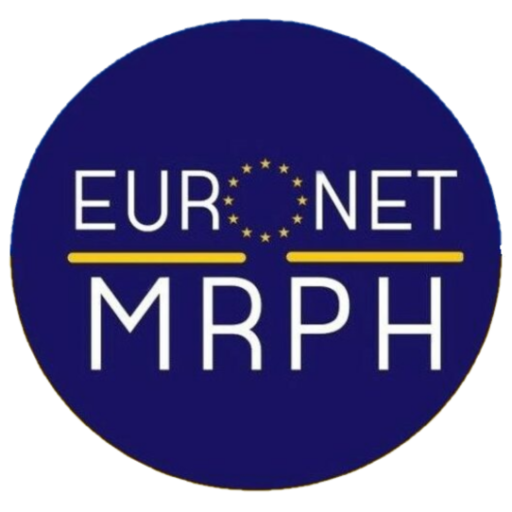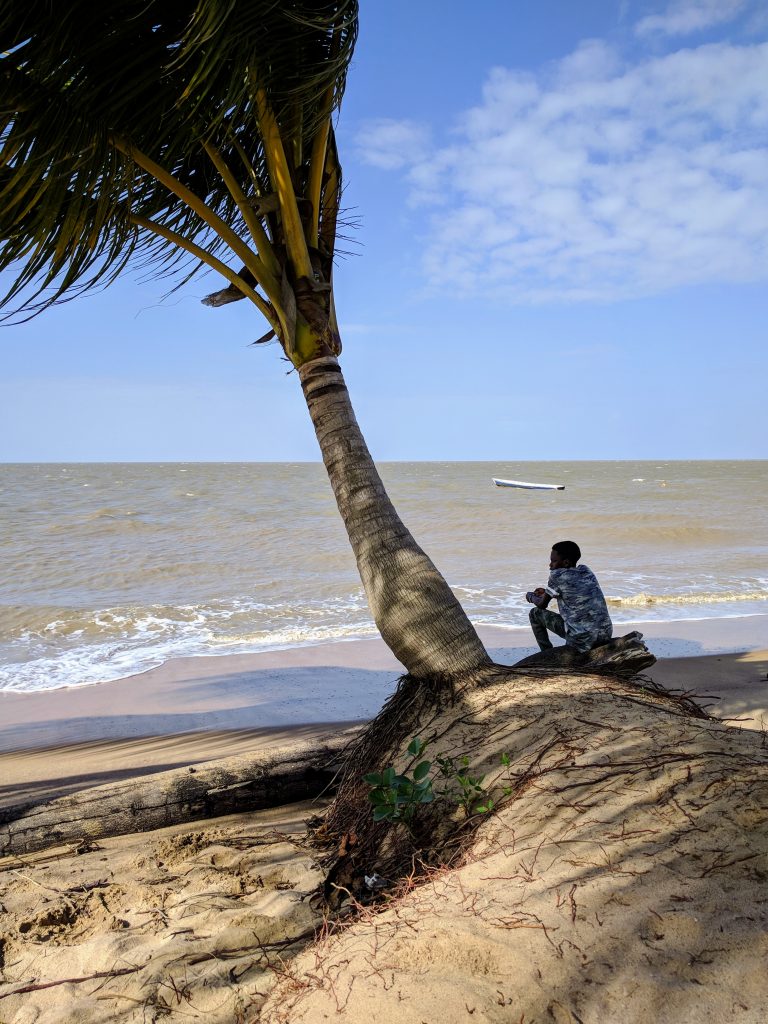In France, as residents, we have the possibility to do a maximum of three rotations in a different place from the one where we are doing our residency. One lazy autumn evening I went through the list of the available rotations in French overseas departments, and I chose Saint-Laurent du Maroni, French Guiana. The choice was simple: a 37 years-old public health doctor had opened a whole public health department in Western French Guiana hospital 5 years before, just out of her residency, while getting a PhD with a thesis on migrants’ health. I could not ask for anything better.
French Guiana is a French overseas department, a former penal colony, wedged between Brazil and Suriname. It is a European outermost region and the only border of Europe with South American countries, it hosts a European spaceport from where Ariane rockets are launched every month and, of course, Euro is the currency.
I vaguely imagined what expected me. I read the data: the epidemiological profile of the region is similar to that of developing countries, where communicable diseases like dengue fever and leishmaniasis persist alongside a high prevalence of cardiovascular diseases and diabetes. HIV is epidemic (>1%), half of the population is less than 25 years old and the fertility rate is 3.5%.
The first thing I noticed when I arrived in Saint-Laurent, which has more than 40 thousands inhabitants and lies on the shore of the Maroni river, was the lack of public transportation. Being born and bred in cities, public transportation for me is a fundamental part of the landscape and the absence of it struck me immediately. Public transportation has practical implications, but also a symbolic meaning. It carries communities together and fights geographical isolation. In its absence, people living in the peripheries are left out of the public life. They cannot easily access services, which are historically aggregated in the city center. It did not take long to discover that isolation, lack of access to services, inequalities, structural discrimination would be key words of my experience here.
I participate in most of the activities of the public health department, whose mission spaces from prevention activities – an IST clinic, therapeutic patient education for chronic illnesses, cultural mediation, school interventions on sexual health… – to research and training, to international cooperation with neighboring Suriname, to providing medical missions to the health centers along the Maroni river. This allows me to have a glance at population needs and the difficulties to tackle them.
There is no single cause for the particular obstacles that may be encountered in health care in French Guiana. Part of the problem are practical issues: the scarcity of means – In terms of money but above all in terms of human resources – , the complexity of the territory – the road stops 50 km south of Saint-Laurent and you can only reach further towns by boat or by plane -, the distance from the capital city, where decisions are taken.
However, it is not as straightforward as that. Working in this environment is the concrete exemplification of how determinants of health act.
Here, as professionals or laypeople, we are obliged to confront with theoretical and political questions that we do not usually think about in our day-to-day life, such as the subject of decentralization, the role and responsibilities of the State, the scars of colonialism, how societies form and develop. Questions arise about migrations and nationality3. We wonder who is a foreigner, is it the person who was born here but who does not speak French, is it the person who comes from across the river, is it the Parisian doctor, is it me, is it no one or are we all?
And the list of questions continues. How can we support sexual violence survivors, which can be count in hundreds every year? What is the best way to advocate for undocumented migrants and to provide appropriate services to mobile people? How do you tackle the complex ties between health, education, (lack of) job opportunities, social structures? What about indigenous population?
I do not have simple answers. However, I had the great opportunity to combine practice and reflection and to learn from dedicated professionals and for that I am grateful. I hope I leave you craving for more French Guiana.
_________________________
References
- Inamo J. et al. Existe-t-il des spécificités dans la prévalence et la prise en charge de l’hypertension artérielle aux Antilles-Guyane par rapport à la France métropolitaine ? BEH thématique, 16 décembre 2008 ; 49-50. Romon I. et al. Le poids important du diabète sur la mortalité dans les départements d’outre-mer. InVS, Mars 2007.
- Jaries R. et al. Population movements and the HIV cascade in recently diagnosed patients at the French Guiana -Suriname border., 2017; 13:1-5
- Carde E. Les discriminations selon l’origine dans l’accès aux soins. Access to health care and racial discrimination. Santé publique 2007, volume 19, n° 2, pp. 99-109.
_________________________
Maria Francesca Manca
Public Health Resident, France
(As published in EuroNews #13)

